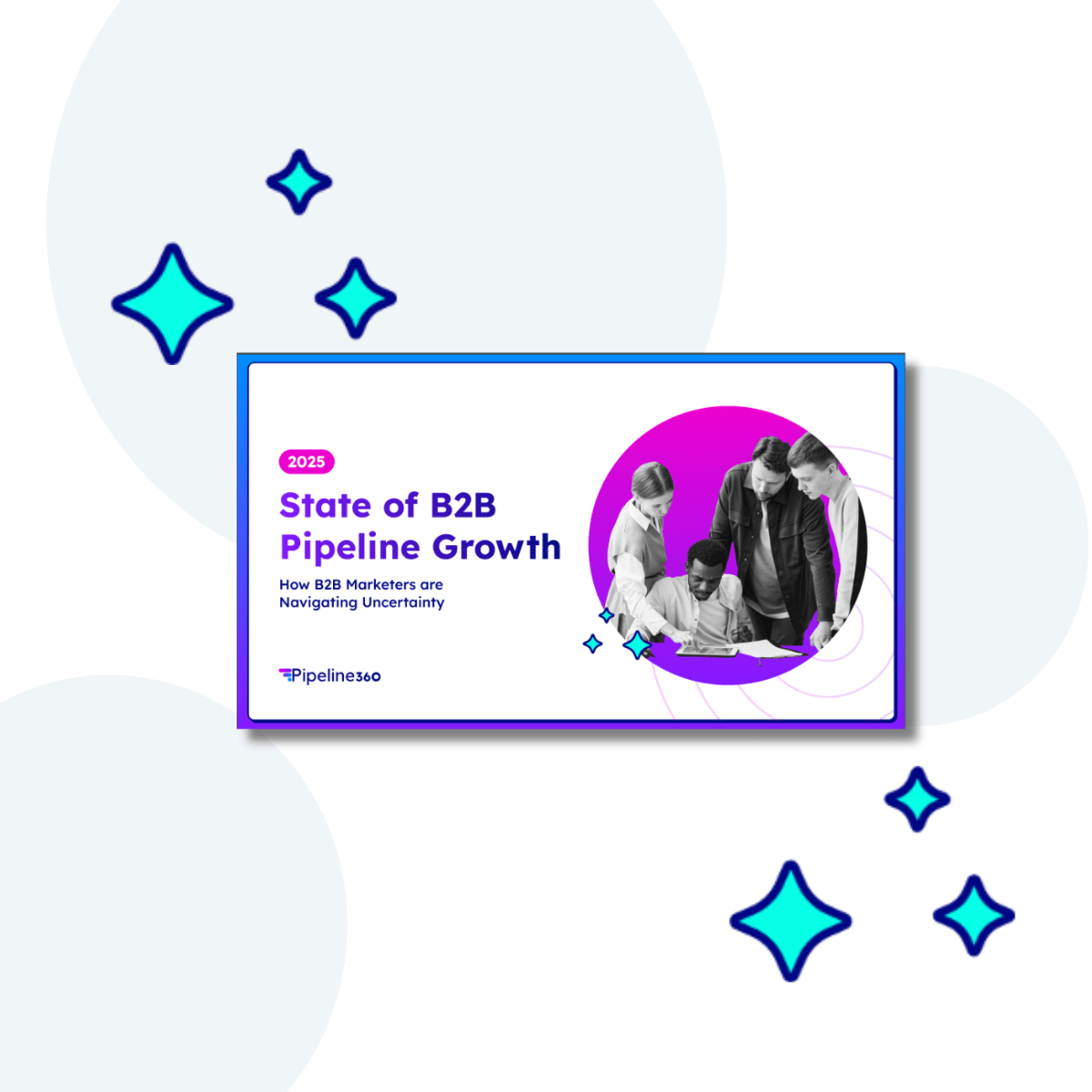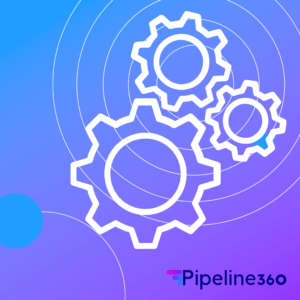In the fast-paced world of B2B marketing, efficiency is critical. Marketers need to engage prospects at the right time, with the right message, and often at scale. Yet, many are finding themselves bogged down by time-consuming manual processes that are stifling productivity and growth.
According to our recent H2 2024 State of B2B Pipeline Growth survey data, 65% of marketers spend more than five hours per week ensuring the quality of lead data. A staggering 38% spend more than 10 hours weekly on this task. These statistics are alarming when you consider how valuable that time could be if redirected towards strategic initiatives like campaign optimisation or content creation.

Despite the advances in technology, particularly artificial intelligence (AI), many marketers are still heavily reliant on manual processes. While 39% of B2B marketers use AI to improve data compliance and accuracy, 55% are still regularly analysing CRM data manually. This reveals a significant gap between those who have embraced new technologies and those who continue to rely on outdated methods.
The Hidden Costs of Manual Processes
Time-Consuming Data Validation: Manually cleaning and validating lead data is a painstaking process that often requires cross-referencing multiple sources, updating contact details, and removing duplicates. This level of manual intervention not only eats into valuable time but also increases the likelihood of human error.
Delayed Decision-Making: The slower your data is processed and analysed, the longer it takes to act on insights. This delay can result in missed opportunities, such as following up with a warm lead before they lose interest.
Inconsistent Data Quality: When data is handled manually, inconsistencies are almost inevitable. This can lead to poor targeting, misaligned messaging, and ultimately, lower conversion rates. With data being the foundation of effective marketing campaigns, ensuring its accuracy is non-negotiable.
Burnout Among Marketing Teams: Repetitive manual tasks can contribute to burnout. Marketers who spend hours sifting through data are left with less time to focus on creativity and strategic thinking – the areas where they truly add value to the business.
Why Marketers Need to Adopt New Technologies
The solution to these manual inefficiencies lies in automation and advanced technology, particularly AI and machine learning. These tools can streamline processes, improve data quality, and free up marketers’ time to focus on what truly drives results: building relationships and creating compelling content.
- AI-Powered Data Accuracy: With AI tools designed to ensure compliance and maintain data integrity, marketers can significantly reduce the time spent on manual data validation. AI can automatically detect anomalies, correct errors, and flag incomplete records in real time, ensuring that your lead data is always accurate and up-to-date.
- Automation for Repetitive Tasks: By automating routine tasks like data entry, lead scoring, and segmentation, marketers can eliminate the need for constant manual intervention. Automation not only saves time but also allows for more consistent, scalable processes across the board.
- Real-Time Analytics and Insights: Instead of relying on manual analysis, AI and predictive analytics can provide marketers with real-time insights into customer behavior, campaign performance, and lead quality. This allows for faster decision-making and more effective optimisation of marketing strategies.
- Focus on Strategic Initiatives: By removing the burden of manual processes, marketing teams can refocus their efforts on high-impact activities such as personalised content creation, nurturing leads, and refining buyer journeys. This shift in focus ultimately leads to better engagement and improved ROI.
Final Thoughts
The B2B marketing landscape is evolving rapidly, and manual processes are increasingly becoming a liability. With 65% of marketers spending significant hours on data quality, it’s clear that old methods are holding them back. Embracing AI and automation isn’t just about staying ahead of the competition—it’s about reclaiming valuable time and resources that can be better spent on strategic growth.
To remain competitive in this digital age, it’s time for B2B marketers to leave behind manual inefficiencies and adopt the technologies that will propel their strategies forward. After all, the future of marketing belongs to those who can harness the power of data – and do so with speed, precision, and agility.






